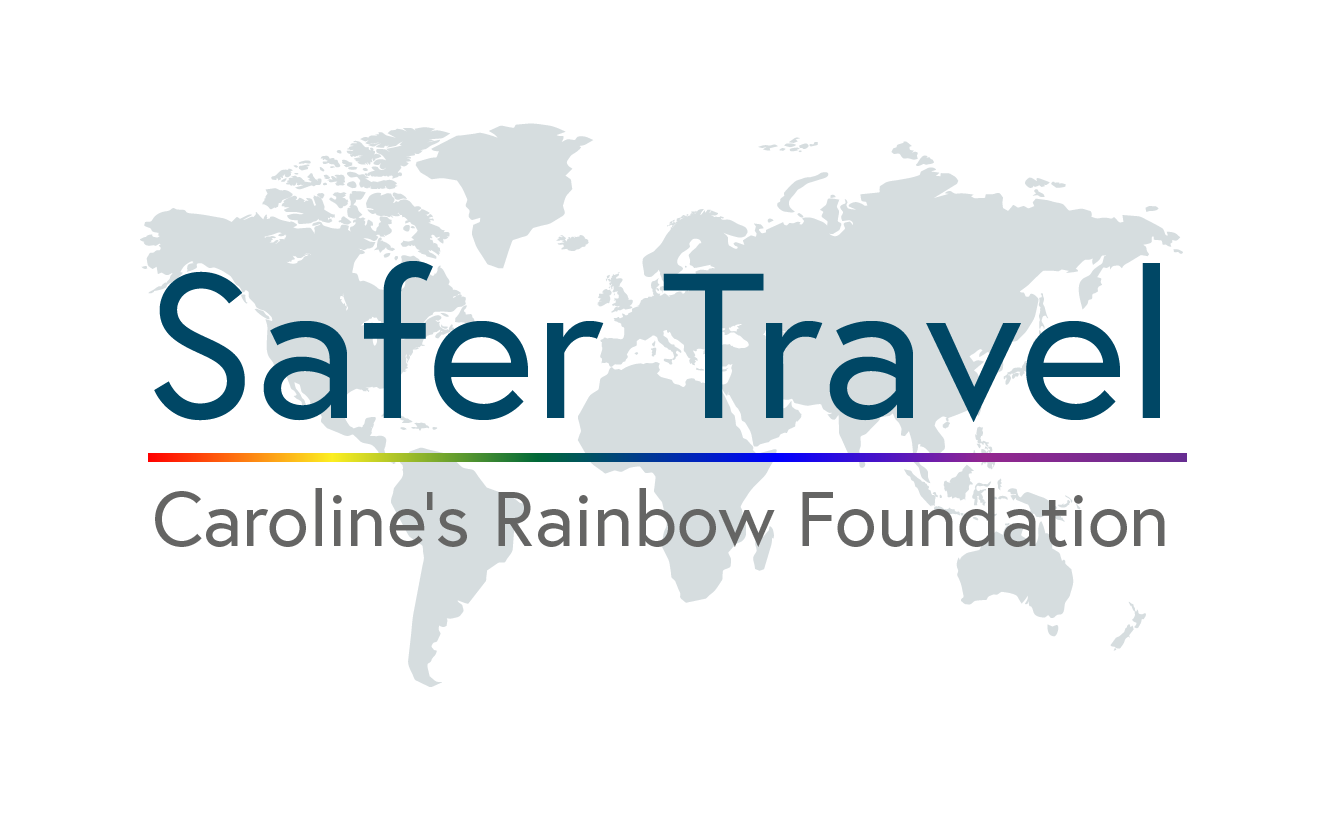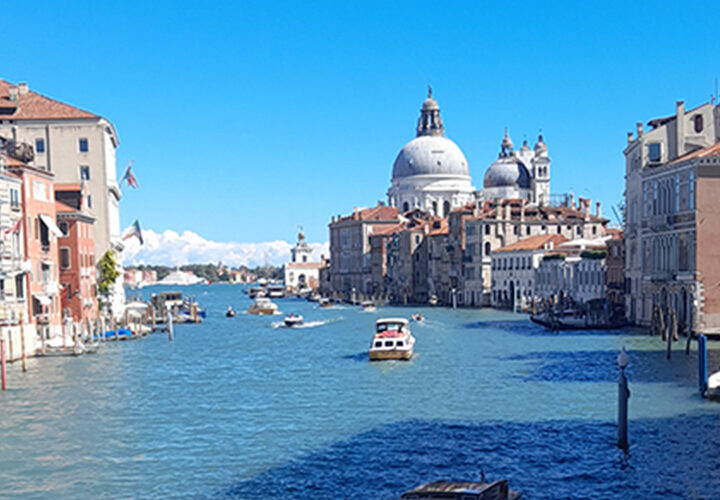Teaching English in Colombia
Colombia is an amazing country foreign workers can choose if they are interested in a different culture. It is also a country that allows their workers to work there with only basic teaching experience, a fresh degree and a TESOL certificate. This means it has become a highly popular destination for those who are looking for a country that is rich with activities, developed cities and a range of different climates.
Some of the main reasons why people travel to Columbia are the attractions, culture and food and drink.

Leisure
Attractions on offer whilst working in Colombia include the Tayrona National Natural Park located in Santa Marta. The Tayrona National Natural Park was established in 1964 and is 150km2 in surface area and it is heavily treasured and protected in Colombia. There are a few different beaches to enjoy as well as mountains which are covered in rainforests and the climate to match it. This is perfect for those who like the idea of camping and relaxation. Visitors can either sleep in tents and hammocks at the campgrounds located along the beaches or there is the option to stay at Ecohabs Tayrona which are little beach huts that offer the privacy and facilities that would be found in a 5-star hotel. For 2 adults to stay for 4 nights, it will cost roughly £349 but prices vary depending on the time of year and which type of accommodation you choose to stay in.
Another popular attraction is the city of Cartagena as it is known for its historic appearance and well-preserved colonial architecture from years ago. The city is also surrounded by a 13km long wall that is centuries old adding to the historic feel that people get when they visit. There are several restaurants and Catholic churches within the city which also contribute to the Caribbean feel.
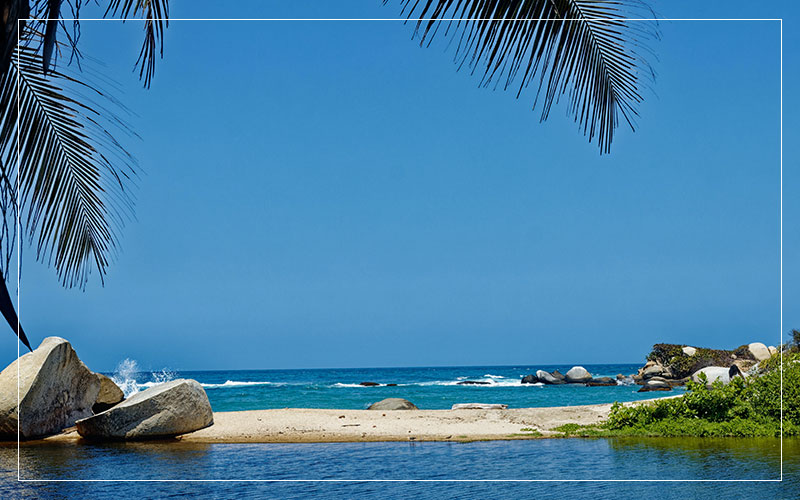
Some history and culture that Colombia has to offer its visitors include indigenous, Spanish and African influences which merged after the European colonisation period, and it is still present in the modern day. It has been an independent country since 1819, however the colonial impact of culture in their society remains prominent. A lot of Colombian people share European heritage with at least 84% of the population having European heritage and 10% having African heritage. Columbia is incredibly rich and diverse and able to adapt to different traditions and cultures which make up the population.
Food and drink
Colombia as a country has a wide variety of food and drink for visitors to try during their time in the country. One of the most popular dishes is ‘Arepas’ which has various different fillings and is usually served as a side dish or appetiser during a meal. They can be both sweet and savoury, they are made from corn dough and have a round flat shape. Another popular dish that is available for people to try is ‘Ajiaco’ which is a potato and chicken soup often served with rice and avocado as a side. It is a popular dish in the highlands of Columbia, but it is very easily accessed in restaurants across the country. An extremely popular beverage is ‘Cholao’ which is a mix of fruit and it is often served during the summer months. It originated from Valle del Cauca and is often made with various types of fruit with condensed milk and a fruit syrup.

Entry requirements
Colombia has less restrictions compared to some other countries for UK visitors. You can enter the country even if you are not fully vaccinated against Covid-19 if you have a negative PCR test. You will be asked to show your return ticket back to the UK if you are a foreign visitor travelling for leisure. Before you travel to Columbia, you will also be asked to fill out the ‘Check-Mig’ form which is available on the Migración Colombia website (apps.migracioncolombia.gov.co/pre-registro).
Your passport must be valid for 6 months after the date you arrive, and you must make sure you have a visa if you plan to stay in the country more than 90 days. With international departures in Colombia, there is an airport tax which may appear on your airline ticket however this isn’t always the case. You are also allowed to carry up to US$10,000 in cash but anything more than that may be confiscated by the Colombian authorities.
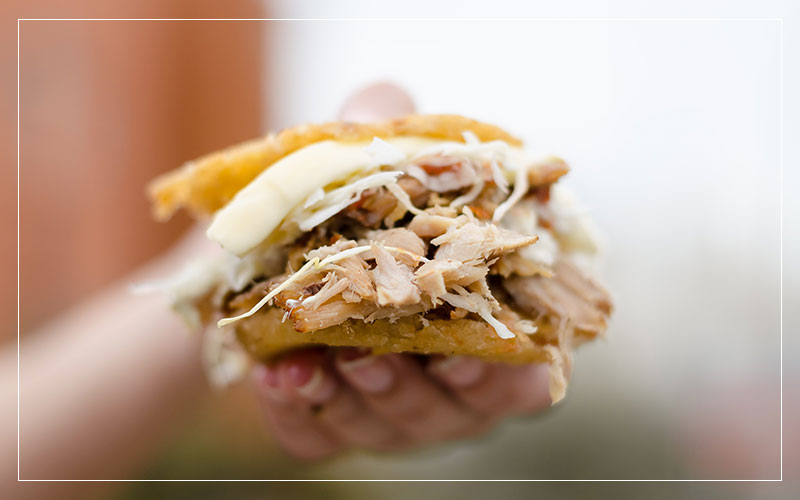
Health and Safety
Medical centres and the quality of the services can vary depending on where you travel to in Colombia. In larger cities like the capital Bogotá the health care facilities are excellent, however in the countryside villages the services are sparser, and quality can vary so it is important to have good travel health insurance. Some other health risks present and ongoing in the country are dengue fever, malaria, and yellow fever. Chikungunya virus is also present in the country and visitors must be aware of mosquitoes and take precautions against mosquito bites. In Colombia, tap water is only safe to drink in the capital of Bogotá, anywhere else advises you to only drink bottled water.
The country’s crime rate is relatively high although a lot of improvements have been made in recent years. It is important to always remain aware whilst out in public, the authorities are increasing their security measures to ensure that the public are safe.
Local laws and customs
Some local laws and customs that you should also take into consideration include views on the LGBT community, it is not something that is widely accepted within the country. Photographing military or government sites is not permitted and people could get in trouble with the authorities.
Recruitment
One company available to help foreign travellers who wish to work as an English teacher is TEFL. They require all of their workers to have a bachelor’s degree and have completed a minimum of 120 teaching hours for their TEFL certificate. The average wage per month for teaching is 1.5m to 2m Colombian Pesos (£296 – £395)
They have no age restrictions and help people to work in either a public or private school. The most widely spoken language is Spanish and it’s recommended that their workers learn the language but inside the classroom environment they are required to speak English to their students. Popular destinations include Bogotá, Medellin, Bucaramanga, Barranquilla, and Cali, all of which are very high in demand for English teachers. A standard contract for teaching English in Colombia through TEFL is around 1 year long, meaning that those who choose to visit must have an accepted working visa.
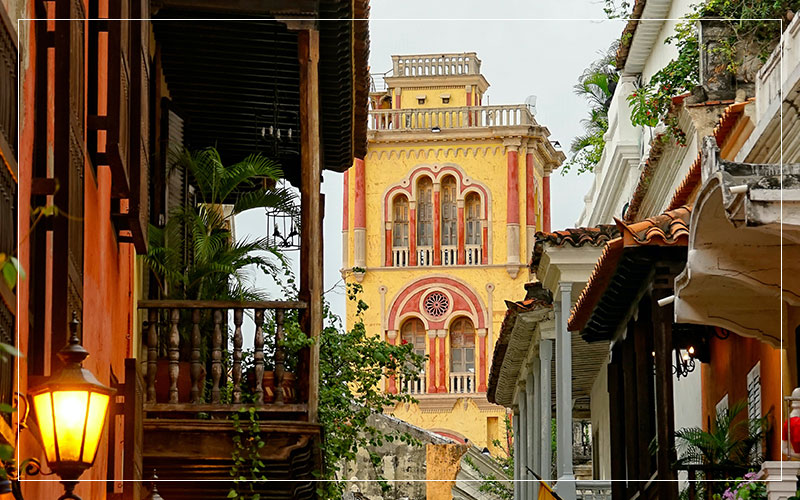
Things to consider
Teaching English abroad in Colombia is a very rewarding experience but there are some things to take into consideration before you travel there.
- Homesickness may be an apparent issue for those who are close with their friends and family back at home so to combat this, it may be worthwhile taking some photos of your loved ones to decorate your apartment with.
- Culture shock may be something you experience on your visit to Colombia due to how differently they live their lives compared to the UK. Research into the culture is recommended before you travel to make sure that you are prepared for once you arrive.
- Discrimination as a foreign worker may also be something you may experience so it is important to learn the language before you travel.
Written by Ellie-Mai Foley
